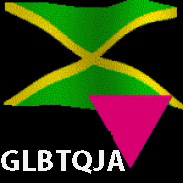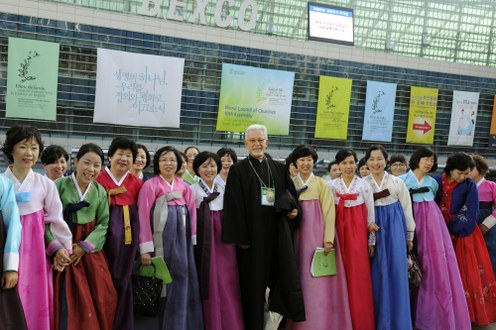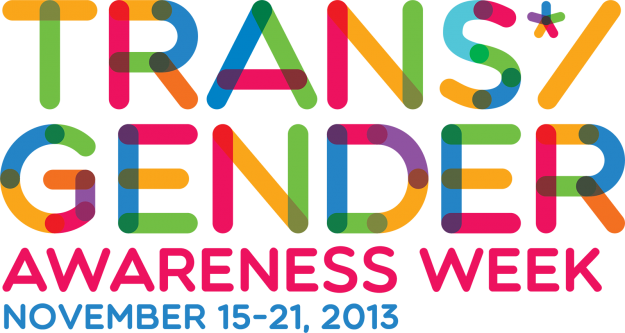


As news spread of Gully Queen’s death it became apparent to me that another young transwoman had not been allowed the chance to fulfil her female cisgender imperative and was too inexperienced to realise that it was important to choose wisely who one shares certain information with.
Dwayne Jones was relentlessly teased in high school for being effeminate until he dropped out. His father not only kicked him out of the house at the age of 14 but also helped jeering neighbours push the youngster from the rough Jamaican slum where he grew up.
By age 16, the teenager was dead — beaten, stabbed, shot and run over by a car when he showed up at a street party dressed as a woman. His mistake: confiding to a friend that he was attending a “straight” party as a girl for the first time in his life.
“When I saw Dwayne’s body, I started shaking and crying,” said Khloe, one of three friends who shared a derelict house with the teenager in the hills above the north coast city of Montego Bay. Like many transgender and gay people in Jamaica, Khloe wouldn’t give a full name out of fear. Pity as well as homelessness which has been ignored for years in the LGBT advocacy structure featured most prominently in this case and to think after the furore and public cynicism the house where the guys remained was firebombed with very little proactive measures taken by JFLAG and the others handling the case file so more victims ended up being made instead of redress and closure. Thankfully no one was badly hurt after that ordeal but the aforementioned agencies failure over the years to properly provide programs and interventions for LGBT youth is telling and many incidents could have been avoided.
Even though some 300 people were at the dance party in the small riverside community of Irwin, police have yet to make a single arrest in Dwayne’s murder. Police say witnesses have said they couldn’t see the attackers’ faces.
Dwayne was the centre of attraction shortly after arriving in a taxi at 2 am with his two 23-year-old housemates, Khloe and Keke. Dwayne’s expert dance moves, long legs and high cheekbones quickly made him the one that the guys were trying to get next to.
Like many Jamaican homosexuals, Dwayne was careful about confiding in others about his sexual orientation. But when he saw a girl he had known from church, he told her he was attending the party in drag.
Minutes later, according to Khloe and Keke, the girl’s male friends gathered around Dwayne in the dimly-lit street asking: “Are you a woman or a man?” One man waved a lighter’s flame near Dwayne’s sneakers, asking whether a girl could have such big feet.
Then, his friends said, another man grabbed a lantern from an outdoor bar and walked over to Dwayne, shining the bright light over him from head to toe. “It’s a man,” he concluded, while the others hissed “batty boy” and other anti-gay epithets.
Khloe says she tried to steer him away from the crowd, whispering in Dwayne’s ear: “Walk with me, walk with me.” But Dwayne pulled away, loudly insisting to partygoers that he was a girl. When someone behind him snapped his bra strap, the teen panicked and raced down the street.
But he couldn’t run fast enough to escape the mob.
The teenager was viciously assaulted and apparently half-conscious for some two hours before another sustained attack finished him off, according to Khloe, who was also beaten and nearly raped. She hid in a nearby church and then the surrounding woods, unable to call for help because she didn’t have her mobile phone.
Dwayne’s father in the Montego Bay slum of North Gully didn’t want to talk about his son’s life or death. The teen’s family wouldn’t even claim the body, according to Dwayne’s friends.
They remembered him as a spirited boy with a contagious laugh who dreamt of becoming a performer like Lady Gaga. He was also a street-smart hustler who resorted to sleeping in the bushes or on beaches when he became homeless. He won a local dancing competition during his time on the streets and was affectionately nicknamed “Gully Queen.”
“He was the youngest of us but he was a diva,” Khloe said. “He was always very feisty and joking around.”
Inside their squatter house, Khloe and Keke said, they still talk to their dead friend.
“I’ll be cooking in the kitchen and I’ll say, ‘Dwayne, you hungry?’ or something like that,” said Keke while sitting on the old mattress in her bedroom, flinching as neighbourhood dogs barked outside. “We just miss him all the time. Sometimes I think I see him.”
But down the hall, Dwayne’s room is empty except for pink window curtains decorated with roses, his favourite flower
Dwayne Jones (Gully Queen) Last Appearance prior to his murder notice the reporter said he was gay hence the other issue with crisis reporting of LGBT matters and this has always affected the credibility of the lobby’s voice
also this month we lost Britney Boudashious the reigning Miss LGBT World who was murdered in November, she was to hand over the crown at this year’s gala event but she did not make it, no clear motive has been established for her demise.


rest in peace daaaaahlin’
see more here on Gay Jamaica Watch

also see: Disturbed by Xnews Story on Drag Queen and Gay Cop or HERE
also flashback to: International Day of Transgender Remembrance 2011


then the other shocker in August as the popular socialite Barbie Love passed after a brief illness, you may remember her public appearances that were not so positive but she brought visibility to the cross dressing and transwoman communities in 2009 as photo shows below when the XNews published a sensationalistic article and the on Television where she was arrested after a cruising hookup went bad then public, subsequently she sealed her fame by granting an exclusive interview on Ragashanti live
see: Ragga Shanti Interviews Jamaican Drag Queen Part 1 & 2 !
To all three ladies REST IN PEACE and we will miss you.
Peace and tolerance
H














You must be logged in to post a comment.